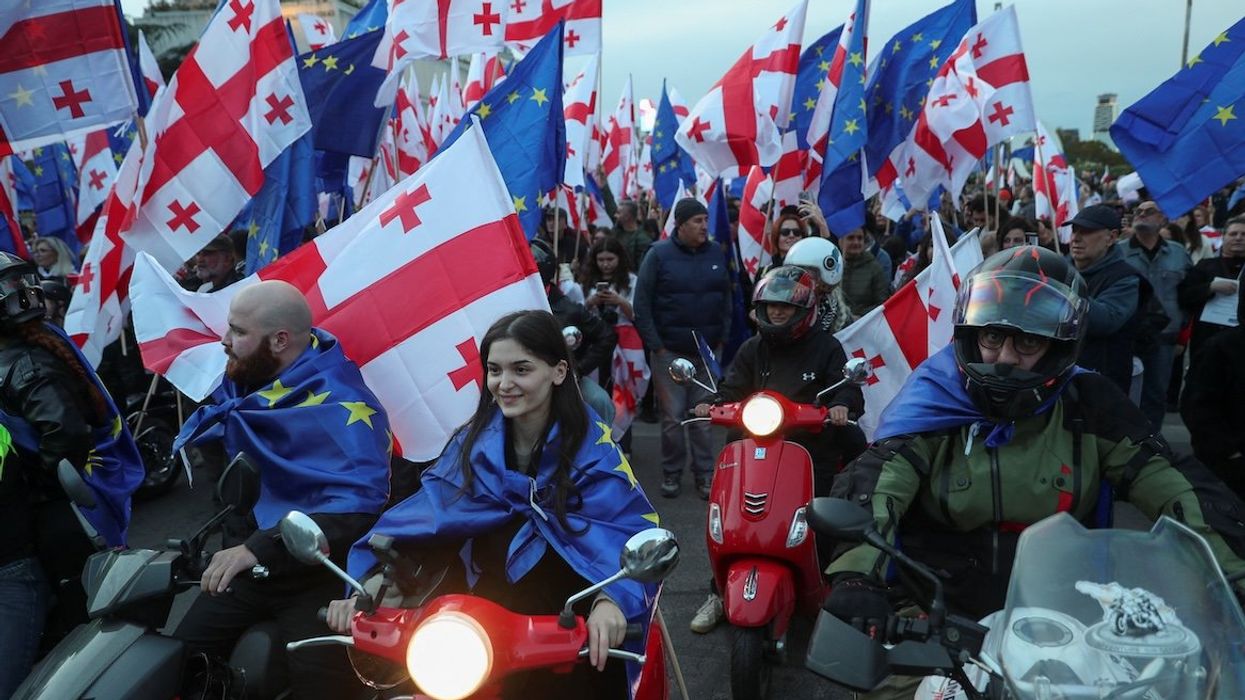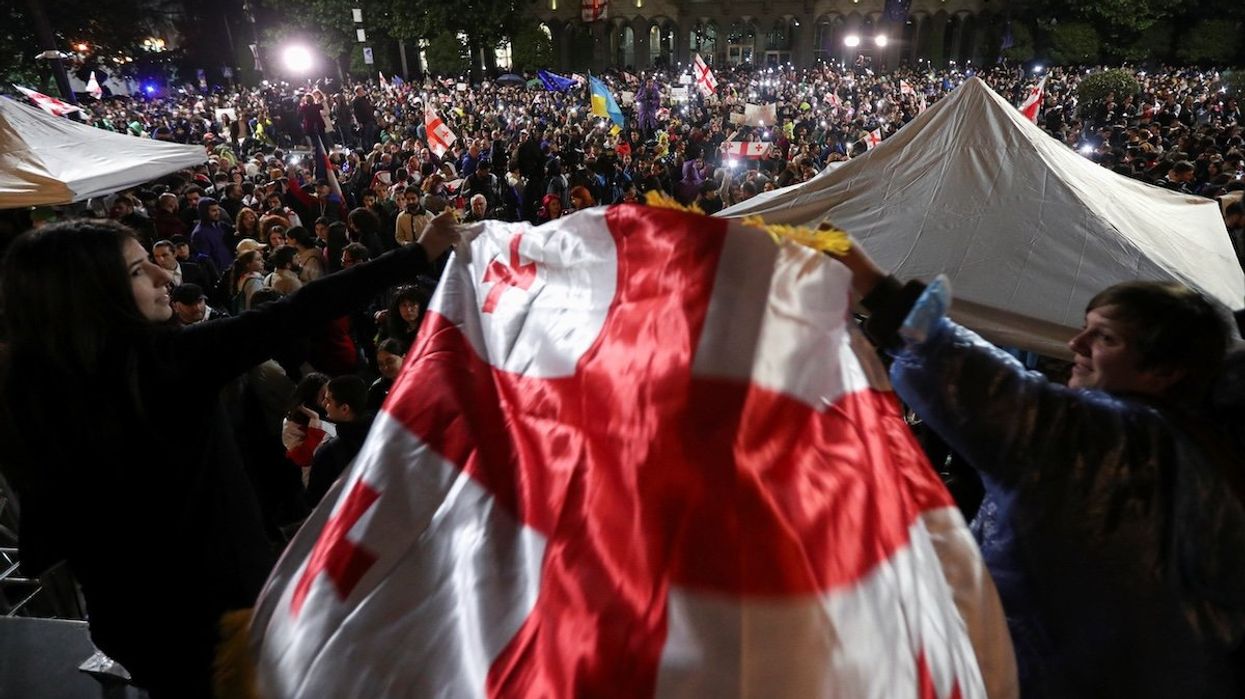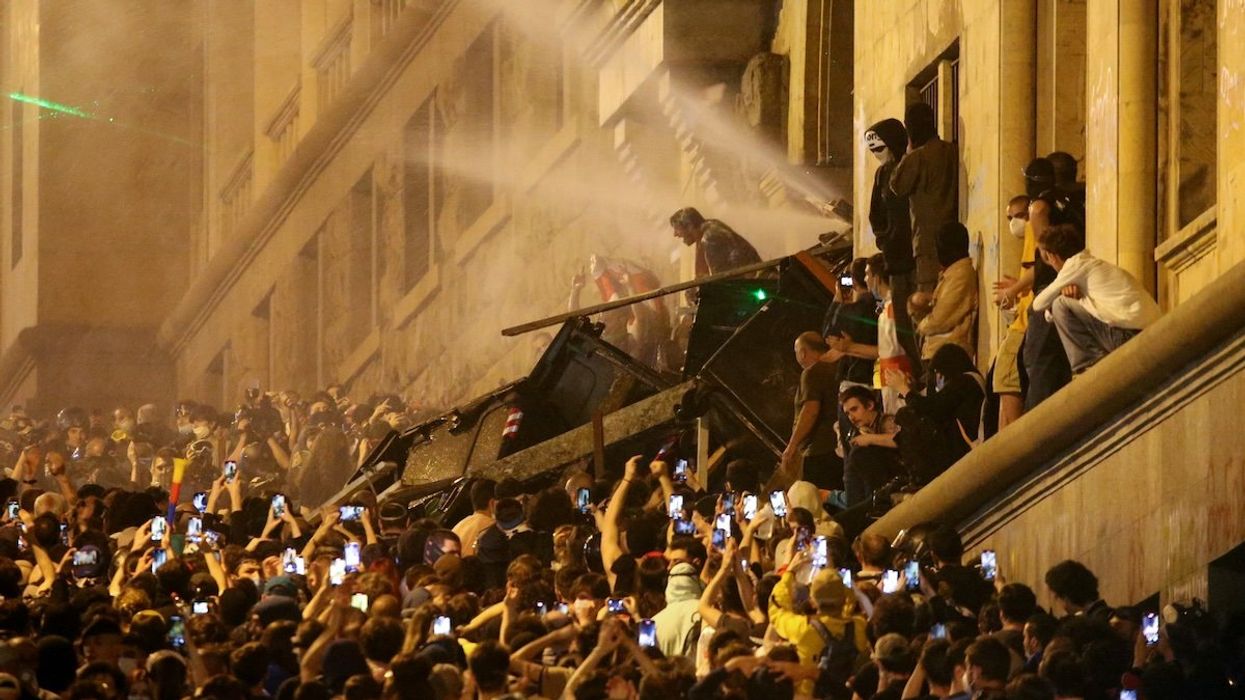Viewpoint
Viewpoint: Stakes couldn’t be higher ahead of Georgian election
The Eurasian country and former Soviet republic of Georgia is at risk of tilting back into Moscow’s sphere of influence. All eyes will be on the Oct. 26 election to see if the ruling Georgian Dream party – which has slowly shifted the country’s alignment away from Brussels and toward Moscow in recent years – retains control after these crucial parliamentary elections. We spoke with Tinatin Japaridze, a Georgian-born regional analyst at Eurasia Group, about what’s at stake.
Oct 23, 2024




